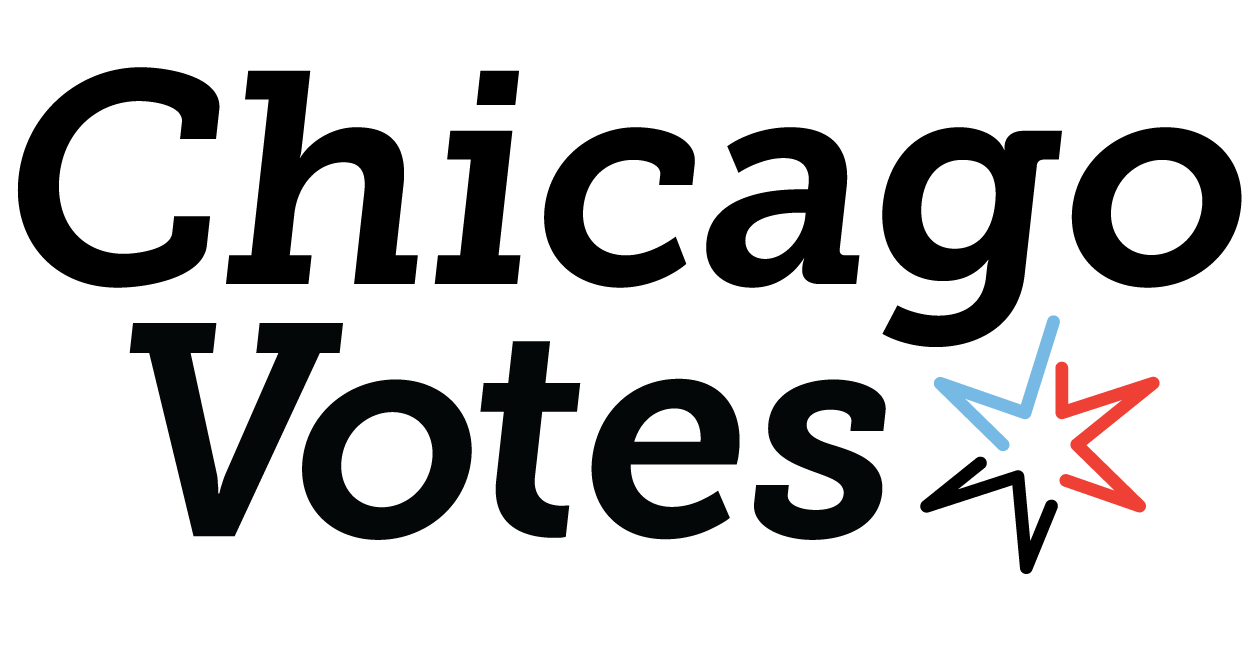By Caleb Dunson
George Floyd’s death has ignited widespread protests, prompted local governments across the country to consider police reform and renewed the national discussion about systemic racism.
But the Louisville, Ky. police officers who killed Emergency Medical Technician Breonna Taylor on March 13 have yet to be arrested.
The lack of accountability for Taylor’s unjust death is symptomatic of a larger issue: the erasure of Black women and femmes in the Black Lives Matter movement.
I am all too familiar with the fight for Black lives; I was 9 years old when Trayvon Martin’s death on Feb. 26, 2012 started the Black Lives Matter movement. I was a seventh-grader when Laquan McDonald was killed by Chicago Police Department Officer Jason Van Dyke on Oct. 20, 2014. And as crazy as it may sound, I have had the pain and privilege of growing up and watching people fight for the humanity of young Black men like me on TV. The same cannot be said for non-male Black youth.
While the Black Lives Matter movement has always been effective at calling attention to unjust killings, news media outlets have consistently focused on the deaths of Black men, so much so that #sayhername was started in 2015 to raise awareness about violence against Black women.
Yet names like Trayvon Martin, Mike Brown, Freddie Gray, Laquan McDonald and George Floyd remain more recognizable than Rekia Boyd, Tanisha Anderson, Kisha Michael, Miram Karey and Breonna Taylor, who is featured on the front cover of the September 2020 issue of “Oprah” magazine.
The most tragically ironic part of Black men being centered in coverage of the Black Lives Matter movement is that the movement’s founders are Black women, and they work to “center those who have been marginalized in Black liberation movements.”
The disproportionate focus on Black men in news media reporting is troubling for three reasons. First, it creates the illusion that Black men are the only people affected by police brutality. Second, it leads to the exclusion of Black women and femmes in calls for equity. Third, it reveals that reporting on race-based social movements has not evolved much since the Civil Rights movement of the 1950s and 1960s.
Ultimately, the Black Lives Matter movement without the intentional inclusion of the voices of Black women and femmes is the Black Men’s Privilege movement. Black women will continue to be the most affected by race and gender pay gaps, while diversity initiatives see more Black men in the C-suite.
Violence against Black trans women — including Riah Milton and Dominique Fells— will continue to go ignored as the fight for police reform reaches the halls of Congress. Black LGBTQ youth will continue to face disturbing rates of homelessness and incarceration, while young Black men’s organizations enjoy increased press recognition and philanthropic donations. Efforts to achieve racial equity will consequently devolve into guileful and disingenuous attempts to place Black men in the same social position as white people.
Scholars including Kimberle Crenshaw, bell hooks and Patricia Hill Collins have been saying this for decades, yet their points fall on deaf ears in the national discussion about race. That has to change. We cannot honestly discuss dismantling systems of racial oppression without including the voices of the breadth of those affected by it. That not only includes women, but also Black LGBTQ+ people, Black disabled people, Black immigrants, and incarcerated Black people.
Black Lives Matter cannot continue to be portrayed as a one-dimensional movement. News outlets must uplift diverse Black voices — including women and femmes — and listen to the local movement leaders in an effort to paint a full and accurate picture of the Black Lives Matter platform.
Only then can we begin to have real discussions about addressing racism.
Caleb Dunson is an incoming freshman at Yale University. He is currently working with Chicago Votes as the inaugural Brian Sleet Memorial Fellow.
